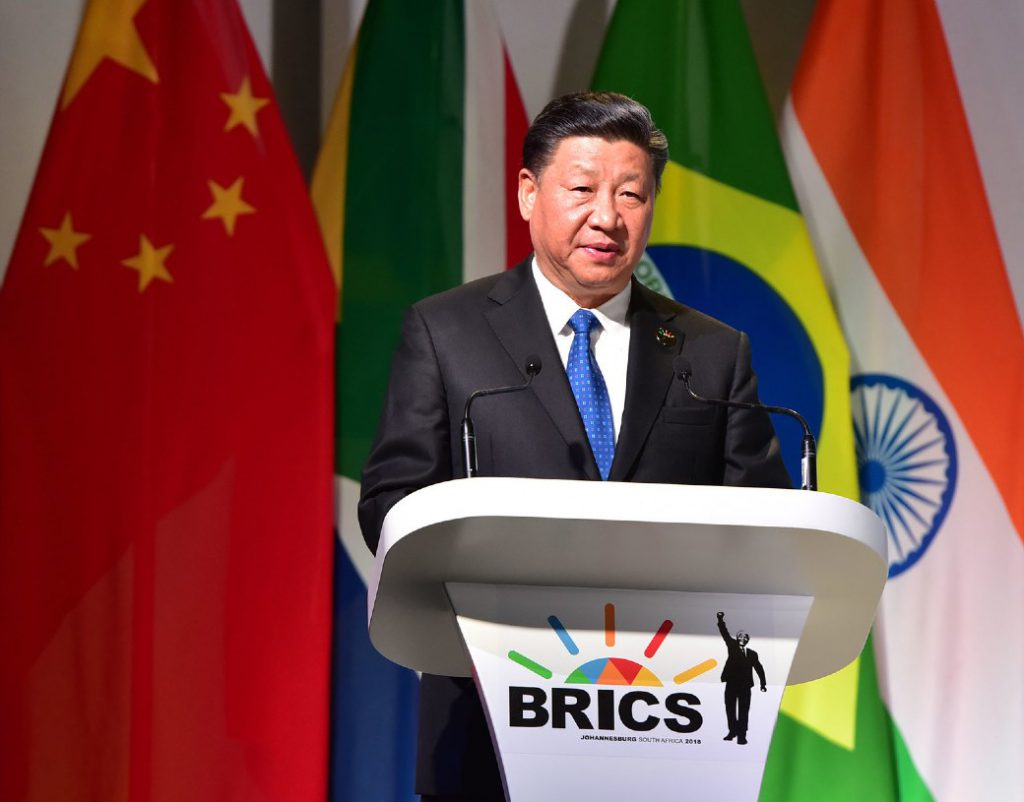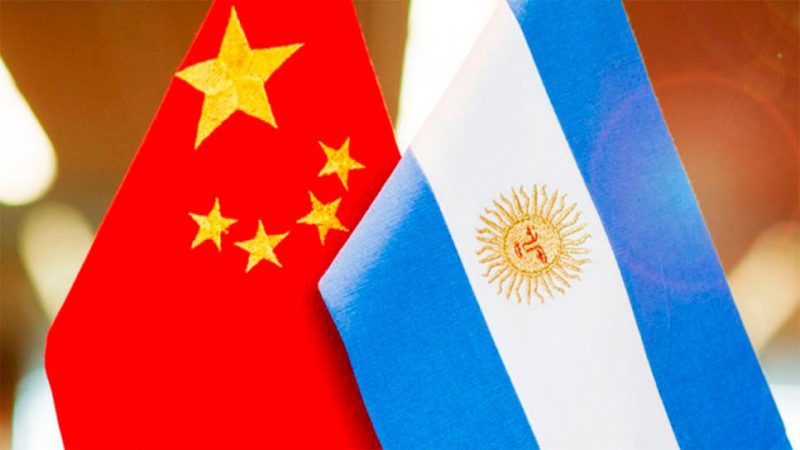Following its rejection of a BRICS invitation issued at its 2023 Annual Summit, China has suspended Argentina’s $6.5 billion currency swap agreement. Indeed, Yahoo reports that the freeze will remain in place as long as newly elected Argentine President Javier Milei does not show an intention to “engage” with China.
Argentina was one of six countries that was formally invited to be a part of the alliance’s first-ever expansion effort. Amid its rather difficult economic situation, the country saw value in the economic partnership. Yet, a regime change following a presidential election led to the countries declining the offer.


Also Read: BRICS: Argentina Says ‘No Benefit’ to Join Alliance
China Freezes Its Currency Swap Agreement With Argentina Following BRICS Rejection
Following rumors throughout the year, the BRICS economic alliance made an expansion plan official at its 2023 Annual Summit. Specifically, Saudi Arabia, Argentina, the United Arab Emirates (UAE), Iran, Egypt, and Ethiopia received invitations. However, only five of those nations are set to be a part of that alliance come January 1st, 2024.
Subsequently, following a decline in the BRICS invitation, China has suspended Argentina’s $6.5 billion currency swap agreement. Indeed, Beijing has reportedly frozen the agreement amid a newly elected regime. Specifically, a regime that has expressed its perception of a lack of value in BRICS has rejected the idea of joining them.


Also Read: BRICS Confirms Another 6-Country Expansion in 2024
Although no Chinese official has commented on reports, Chinese Foreign Ministry Spokesperson Wang Wenbin discussed bilateral relations. He said China was committed “to cooperation with Argentina based on equality and mutual benefit.”
Since Javier Milei was elected, Argentina has expressed interest in dollarizing its economy. As the country is fighting through an increasingly difficult financial situation, it has continually looked toward the West. Ultimately, that has seen them clash with BRICS policy over the years. Specifically, a policy that has sought to empower developing economies at the expense of Western dominance.





